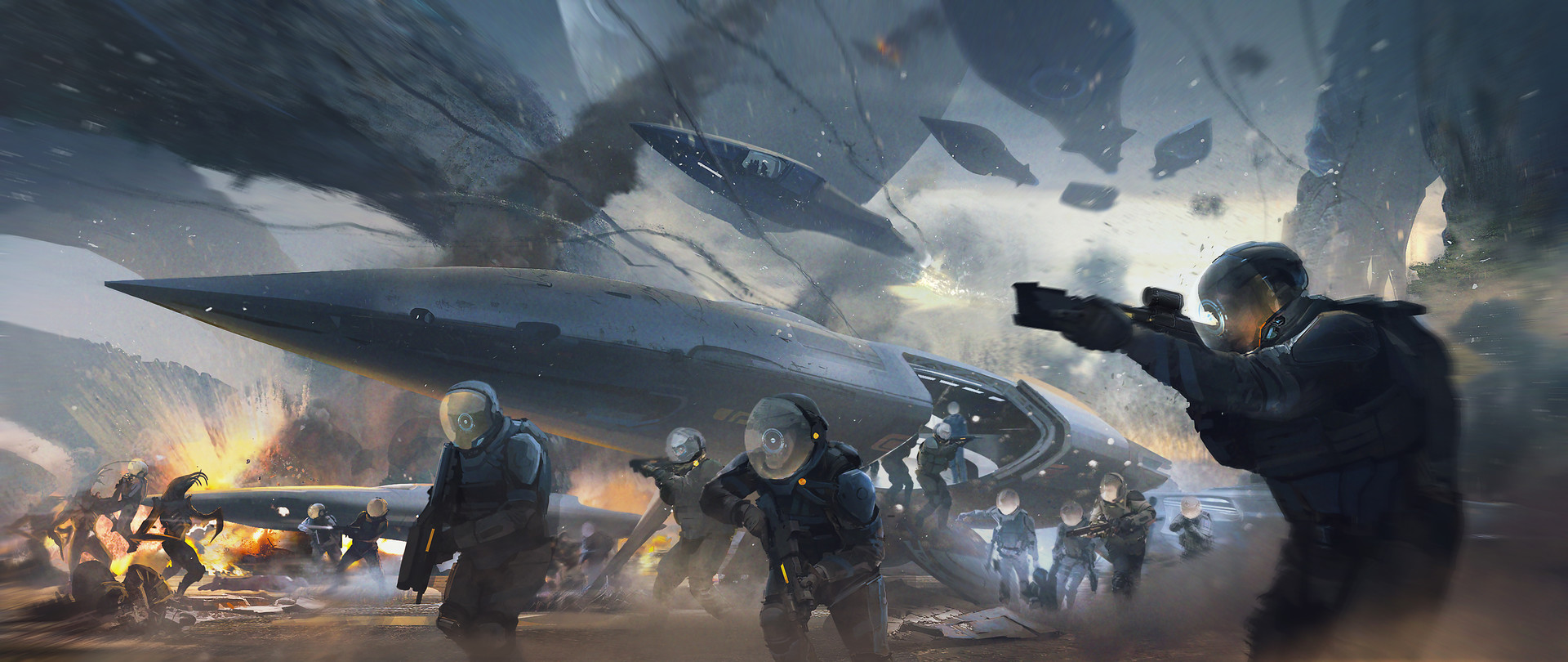Rose Eveleth wrote a fascinating and we think important article on the role of science fiction in preparing businesses and policymakers for an uncertain future. It is incumbent on all organizations that they pay better attention and use multiple tools to anticipate the future lest they go the way of Kodak or France prior to World War II. Still, it is important that the debate she offers is slightly modified, even constructively criticized, in order that a clearer more holistic view of what science fiction offers is available for anyone considering using it as a tool to anticipate the future.
Eveleth begins her examination by relating an example of a science fiction writer working with a company in order to help them anticipate the effects of climate change on their business as someone who is so inexpert at future casting that he is dangerous. She notes that science fiction writers deal in “fiction not fact.” This criticism, itself, is a bit unfair as science fiction writers often use current science fact as a basis for their future speculations. Ironically, this may be dangerous when searching for black swans as the future forecast is too colored by present fact to see the odd and dangerous future lurking around the corner. However, Eveleth cannot get past science fiction writers not being deep experts in business and, therefore, being unable to help CEOs anticipate the future.
Eveleth notes that CEOs often use science fiction writers to predict the future and we agree this is dangerous. However, Eveleth concludes it is dangerous to use science fiction writers because they are not what she perceives to be forecasting experts. She prefers data miners for prediction. Choosing sides is not the answer to anticipating the future. Eveleth fails to see the real danger which stems from the notion that prediction is possible at all. This is the main problem with her article. She offers a false dichotomy between science fiction and what she sees as true futurists who mine data. She offers a further false dichotomy between data driven methodologies and other future casting methodologies which she does not even address, except for criticizing science fiction as an option. In fact, she notes that Tim Maughan, the science fiction writer who she begins her article with, offered the company he was working for four distinct scenarios which might indicate he was using a Schwartz model methodology to generate future scenarios.
One of the most important arguments from Eveleth’s article is that CEOs often become so enamored with a well-written future they begin immediately planning for that single future as if it were a factual prediction. This is the danger with any future casting methodology. Leaders have to seek as many divergent views of the future as possible as prediction is impossible. As Nassim Taleb notes, antifragile organizations thrive on the chaos of a complex future. They do not benefit from prediction or perceived control. The data miners will not give companies, foreign policy planners, or militaries the predictive control they desire. Seeking this is, indeed, dangerous but this danger does not stem from science fiction scenario building alone.
Eveleth writes.“In this line of work, specifics matter. It’s one thing to write a book about a refugee crisis, but quite another to predict exactly how the Syrian refugee crisis unfolded.” This is the assertion we take most umbrage with for it is exactly backwards. In order to prepare for an unpredictable future, an organization and its leaders must be exposed to the maximum amount of divergent future scenarios possible. Specifically predicting the future is impossible and believing that data can provide the specifics that will allow organizations to get the Syrian refugee crisis right in advance is dangerous and fragile thinking.
In fact, both the US Army and US Marines have dabbled in future forecasting. The US Army has used a science fiction prototyping methodology developed by Brian David Johnson who is director of the Arizona State University’s Future Lab. The more futures that are generated, the more antifragile military planners thinking will become. Organizations and militaries should even imagine defeat! Go against the trends but produce as many futures as possible and then wargame against them to make your organization more agile and adaptive.
In the final analysis, we are warning against choosing sides or elevating one methodology above another. Data-driven trends analysis is used by military intelligence professionals and should be given equal weight to science fiction prototyping. The trap is declaring one methodology better at prediction than another. All methodologies fail at prediction but they also can all produce relevant future scenarios that will keep your mind adaptive and your organization better prepared for any surprising future that might arise. It is okay to get the future wrong. Just do it a hundred different ways.
The Art of Strategy is curated by Dan G. Cox and Bruce Stanley who have two decades of collective experience teaching military officers from the Army, Navy, Air Force, and Marines at the US Army School of Advanced Military Studies
Image credit – ArtStation, 2018

